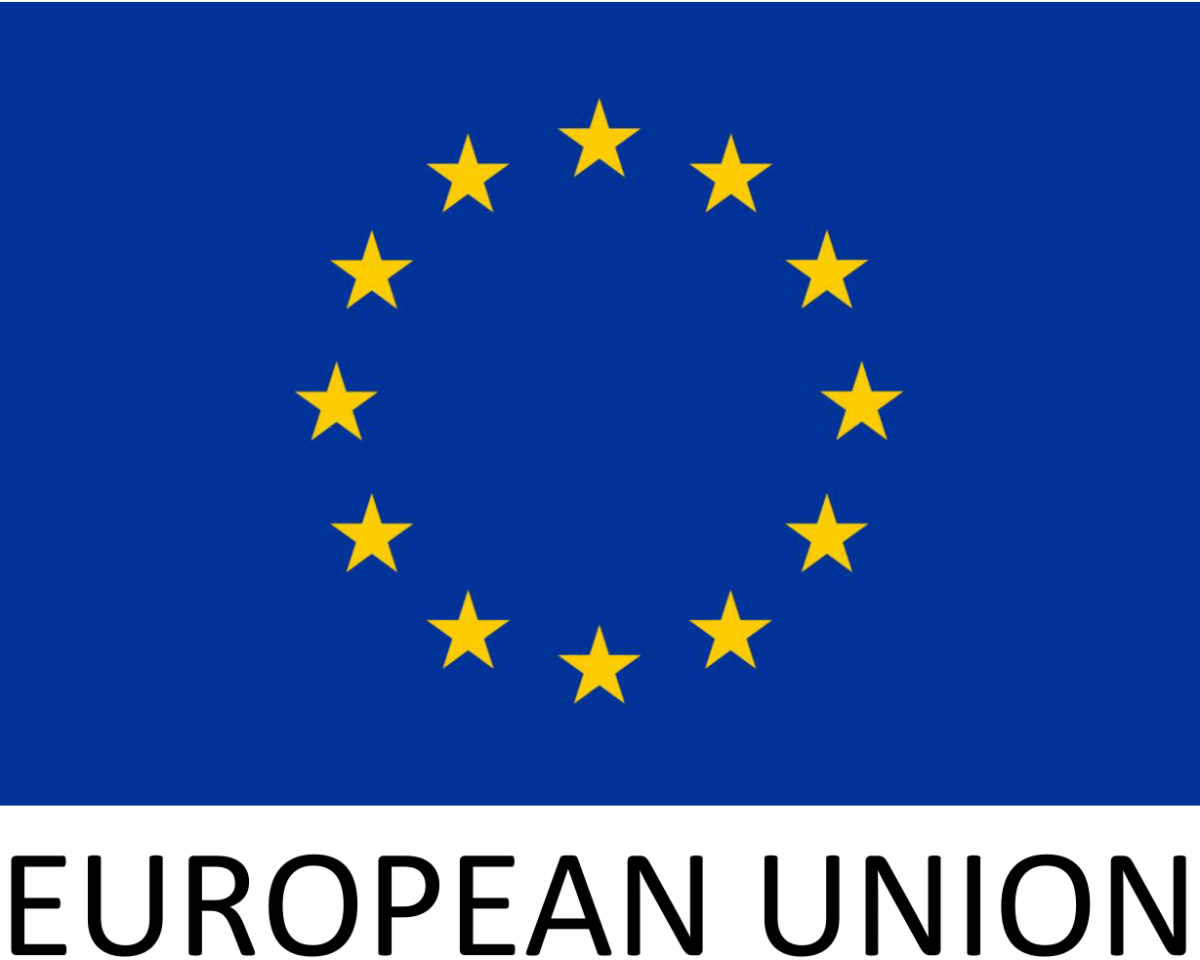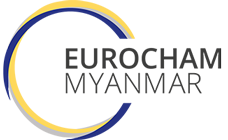The European Union provided 10 million EUR in support to workers who lost their jobs during COVID. This ‘Myan Ku’ Fund ran from April 2020 to December 2022 and was administered by UNOPS utilizing staff capacities and networks within the SMART project.
Myan Ku supported approximately 90,000 garment, textile and footwear sector workers with direct cash assistance through mobile money disbursements, as well as 400,000 EUR in food vouchers and direct food aid funded by private sector retailers.
About a third of Myan Ku’s cash and voucher assistance went to around 3,000 young mothers from the sector, many of whom received cash assistance for half a year or more during their pregnancy and/or after delivery. Doctors and nutritionists from Myan Ku provided nutritional counseling support to the women, and several other smaller programmes were also administered on vocational training and alternative skilling for unemployed factory workers.
Some of the capacities developed under Myan Ku are now continued within MADE under the Centres for Women’s Advancement. One of the nutritionists runs a nutrition help-desk and provides in-factory technical assessments focused on enhancing worker nutrition and medical provision (clinic capacity assessments, canteen review, support to develop breastfeeding rooms for young mothers and related activities). Civil society partners also continue to administer psycho-social counseling and sexual and reproductive health counseling to interested current and former garment workers.





